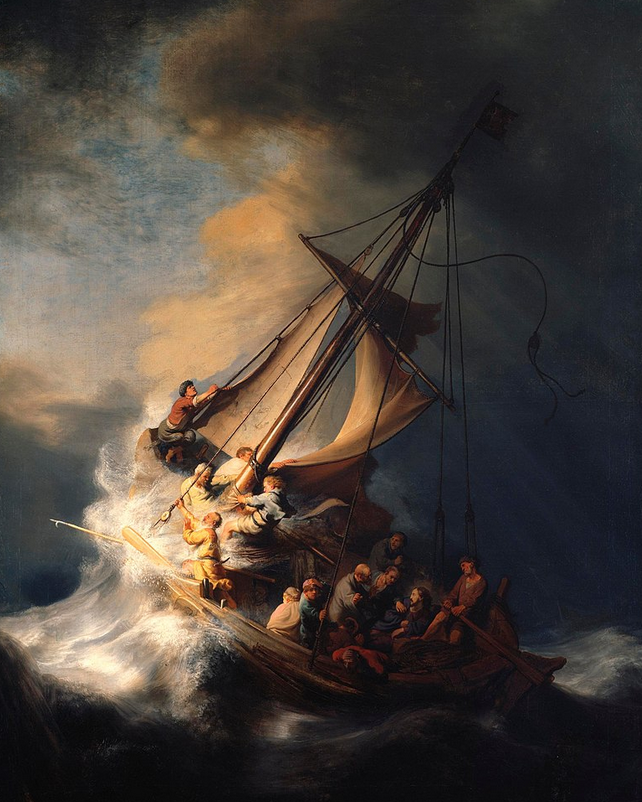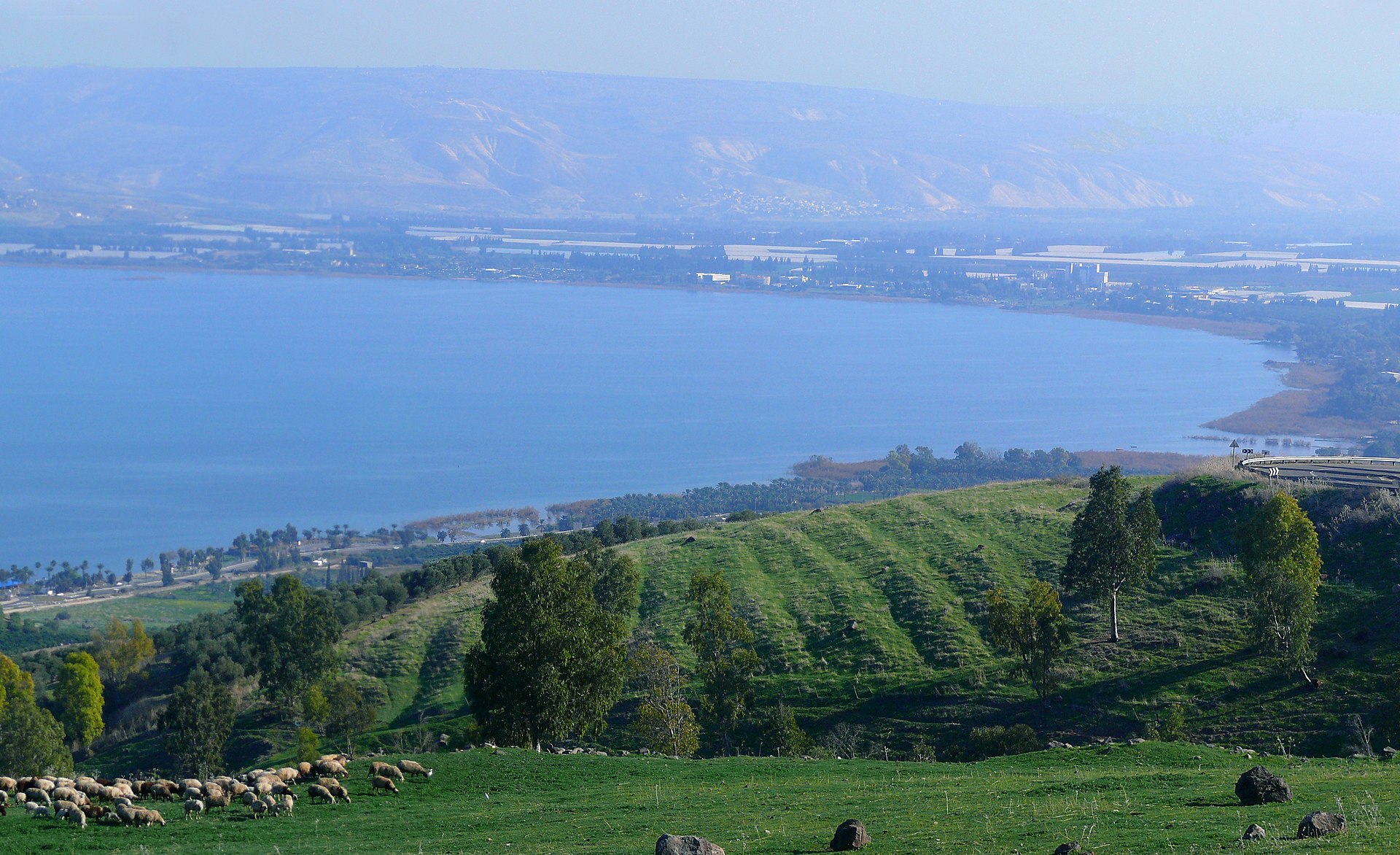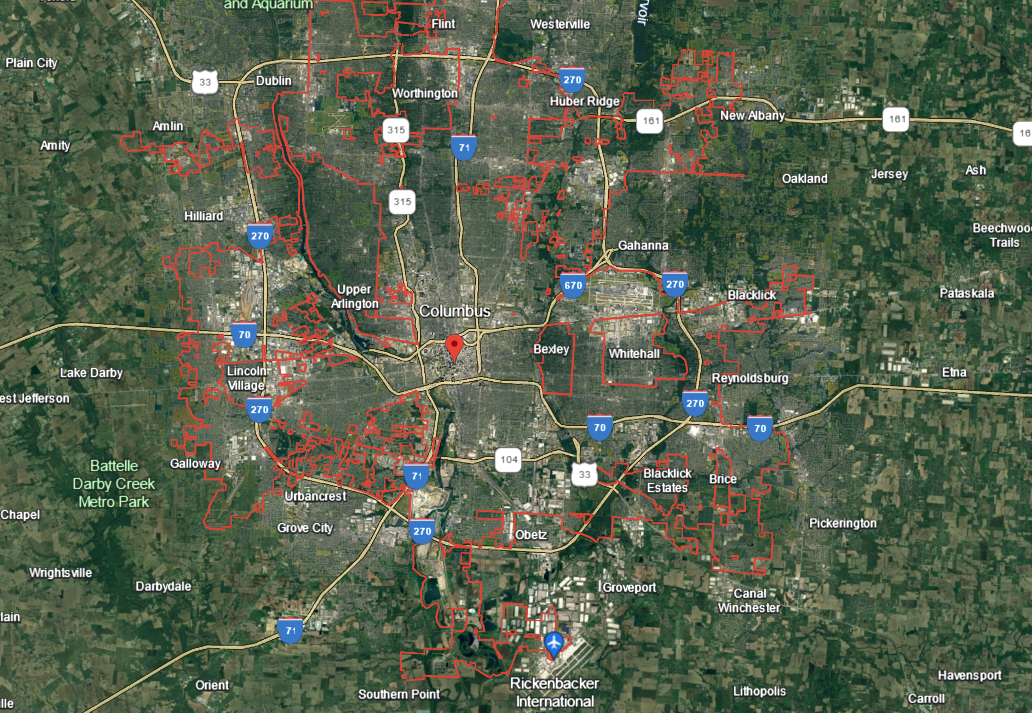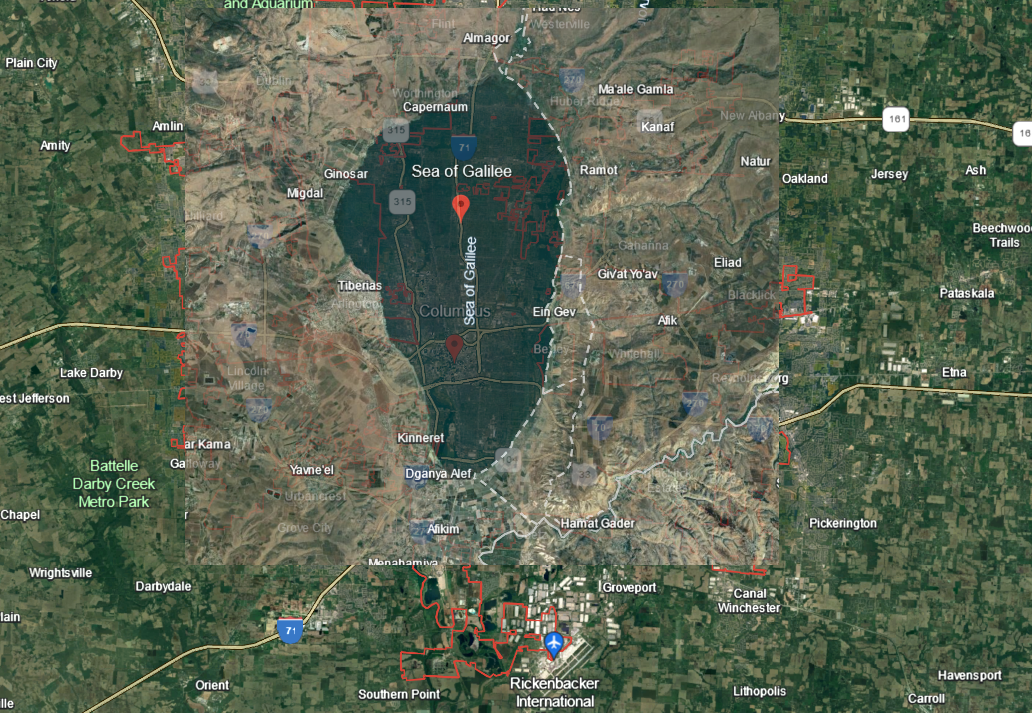Mark 4: Jesus Calms the Storm
June 2024

"Christ in the Storm on the Sea of Galilee" - 1633 oil painting by Rembrandt.
This passage raises interesting conflicts as the disciples endure unexpected hardships and become angry when Jesus appears to be uninvolved. This may be a feeling we are familiar with. Why does God seem distant sometimes? We plead with him to act. In this account, his actions inspire both fear and awe.
The Storm

That day when evening came, [Jesus] said to his disciples, "Let us go over to the other side." Leaving the crowd behind, they took him along, just as he was, in the boat. There were also other boats with him.
NIV
For context, they've done a hard day of serving and teaching others, now they finally get some time off from the crowd. Jesus proposes changing locations, though we see other boats continue to follow them.
We know this feeling, after a long day, we've got plans to relax for the evening. We are looking forward to taking a break and enjoying some rest! Nothing ever goes wrong in those situations, right?
A furious squall came up, and the waves broke over the boat, so that it was nearly swamped. Jesus was in the stern, sleeping on a cushion.
NIV
Life always has other plans! To give us a better picture of the situation they are in, it helps to know Galilee is a decent size body of water with 64 square miles. For those familiar with Ohio, this is far larger than Alum Creek but much smaller than Lake Erie, here's what it would look like if you took Columbus:

And then superimposed Galilee on top of it:

The Sea would cover almost a third of the city. You can usually see the shore when out on Galilee, but that does not mean you'd be able to swim the distance. My wife and I traveled across Galilee once on a beautiful day. I tried to imagine what it would have been like in a storm, with our boat taking on water. It would have been terrifying.
Lake Erie is bigger than Galilee and I was once in the middle of it when a storm kicked up. Storms on these lakes are sudden. We were on a tiny speedboat surrounded by water. Dark clouds covered the sky and massive rollers larger than our boat tossed our ship like a toy. My dad and another father were white knuckled at the wheel. He told me afterward he thought we may die. The disciples are in a small wooden ancient boat. Their craft is filling with water. They have no life jackets or Coast Guard. This would be alarming! I have a lot of understanding of their fright.
Note, Jesus was in the stern, sleeping on a cushion. Jesus's relaxed attitude causes dissonance with the disciples. They are becoming worried but Jesus has no cares. How can he be asleep? Is it intentional?
The disciples woke him and said to him, "Teacher, don't you care if we drown?"
NIV
The disciples intervene and give voice to their inner thoughts. This is the same question we often find ourselves asking God, "Don't you care!?" This accusation hits harder when the waters of our lives are choppy. God feels aloof and above the fray. He doesn't have needs, so it feels like he doesn't have nearly as much at stake. God can afford to be relaxed. He is like a family with generational wealth, who are shielded from the day to day concerns of the rest of us. God with all his power in heaven doesn't seem to be as troubled with life as we are...
Our lives are full of troubles. When the sewage drain backs up and your family's feces flow into your basement; when unexpected expenses pile up; when someone runs a red light and hits your car while your son is in the passenger seat with you... it's easy to think God is not involved. (All of these things really happened to me in the three weeks before this teaching.) Our culture would tell us this is proof God is not there.
I read frustration in the disciples' reaction. They move to provoke Jesus into explaining himself. They rouse him to action. It's interesting to consider what we do in similar circumstances, when it feels like God is not pitching in.
How do you react when it seems like God is not involved?
We may take control and plan. We might worry and scheme. Perhaps we give up and disengage, retreating to comfort. We may despair, plead, and try to manipulate others. Or we could rage, complain, attacking others or slandering them or God.
The disciples don't wonder if Jesus exists, he's lying right next to them. We maybe tempted to wonder with God. But they still question his motives. Let's see what happens next.
He got up, rebuked the wind and said to the waves, "Quiet, Be still!" Then the wind died down and it was completely calm. He said to his disciples, "Why are you so afraid? Do you still have no faith?"
NIV
Jesus provides a solution immediately. He awakens and acts. He solves their problem easily in a way that was impossible for them to achieve. What does this tell us and why would Mark include it for his audience?
This is an example of answered prayer and God's willingness to intervene into the world and help his followers. Asking God for help in times of trouble is a clear application to the original audience. They would be reminded God is powerful and willing to act. This same truth holds for us.
Sometimes we do not even bother to involve God, but later we are upset he was not involved. James warns us of this situation in James 4:2b, "You do not have because you do not ask God." We shortcut to our negative reactions we discussed before. We worry, give up, rage, or take control, often without asking God for help or waiting for an answer. Jesus did not intervene as quickly as the disciples liked. They felt they had to shake him into caring. Yet, he helped them when they asked.
The disciples wondered if Jesus cared. Jesus counters with some questions of his own. He asks, "Why are you so afraid? What about your faith?" Is our problem a matter of our faith being too small? Some Christians argue our prayers go unanswered because our faith is "too small." I disagree. Consider Jesus's words elsewhere:
"If you have faith the size of a mustard seed, you will say to this mountain, 'Move from here to there', and it will move; and nothing will be impossible for you."
NIV
Jesus tells us a little bit of faith can accomplish incredible things. Having faith is more important than the amount of faith. The first determinate in whether we have faith or not. This is supported by another story of Jesus working with a father who's child is desperately ill:
"Everything is possible for the one who believes." Immediately the boy's father exclaimed, "I do believe; help me overcome my unbelief!"
NIV
Jesus honors the wishes of the father who admits to his own mixture of belief and unbelief. Jesus does not refuse to act when we believe a little, but not fully. This is good as we all have a mixture of belief and unbelief in our hearts! God knows this and works with us anyway.1
Jesus is asking why they do not trust in God's power. He is concerned with whether they do have faith or not. The storm was an opportunity to depend on God in a circumstance outside of their control. They'd seen Jesus's power before in other situations. While they wouldn't know what he would do, they could trust it would be for their benefit. We should ask ourselves, "What is the faithful option in my situation?" This is what we should act on instead of our initial poor reactions.
| Initial Reaction | Faithful Reaction |
|---|---|
| Take control | Take what next steps you can |
| Worry | Cast your anxieties on God |
| Give up or despair | Wait for intervention and pray |
| Retreat to comfort | Reflect on God's promises |
| Manipulate | Acknowledge God's power and might |
| Anger and rage | Commiserate with others |
| Complain, attack God or others, slander | Give thanks and have empathy for others |
Why should we trust God? He created everything and has the power of life and death. He has limitless understanding in contrast to our finite knowledge. We consult scientific experts constantly. God is the expert of morality, purpose, humanity, and the afterlife. The disciples had been traveling with Jesus. They saw how he treated people, how he was in touch with the Father, his miracles and his wisdom.
We can be thankful for the good things in our own lives. I am grateful my son and I were unharmed in the car accident. My car was barely scratched. A stranger drove by and gave my son the rip-stick he'd be wanting for months. Everyone has examples of good things. We all have the opportunity to know Jesus, like the disciples, thanks to his death and resurrection on the cross. At this point, the disciples know Jesus, but they aren't sure about him.
They were terrified and asked each other, "Who is this? Even the wind and the waves obey him!"
NIV
The disciples got more intervention than they bargained for and it freaked them out. Jesus is clearly not someone to mess with. Why would they be scared? Maybe it has to do with being overwhelmed by something powerful. When we went to the Grand Canyon with several families, it was amazing and beautiful. I admit the first thing I thought was what it would be like to fall down it. Around a third of the people we went with could not stand to look at it. It was too large and overwhelming and some of them got vertigo. Things like the sun, the ocean, or God fill us with awe and respect, or with terror, depending on our perspective. I love the ocean, especially from the beach on a calm sunny day. I'd be horrified to be stranded in the middle of the ocean by myself. We are fearful when we imagine something powerful being used against us, or its vastness compared to how we are finite.
How does awe and fear affect your relationship with God? Have you felt your perspective flip back and forth between the two?
Fear prompts us to retreat from God or lose faith, because we shrink back from trusting him. We are troubled by spiritual things when we are afraid. This may lead to us criticizing or hating God and being unwilling to follow him. Awe inspires praise and thanksgiving. We are more open to trust and respect people who amaze us. With God, this leads to dependence and assurance. We become more willing to follow him.
Life's storms are unavoidable. God allows us to have hardship. We are tempted to wonder, "Do you care God?" The Bible asserts God is powerful and will act for our benefit. God's questions to us are, "Why are you afraid?" and "Will you put your faith in me?"
Like the disciples, we can see how Jesus acted in history and decide to follow him. This involves trusting him and asking for his help.
What about the other boats? The disciples get a front seat of the storm and Jesus. The other boats got a farther view. They too would have been caught in the storm and terrified. They too would have seen it suddenly end, though they probably would not have known why. People were watching. People are watching our lives as well.
How does observing us navigate challenges affect those around us- our neighbors, friends, and family?
Notes
1. Some may be curious about the double-minded man in James 1:5-8. "If any of you lacks wisdom, you should ask God, who gives generously to all without finding fault, and it will be given to you. But when you ask, you must believe and not doubt, because the one who doubts is like a wave of the sea, blown and tossed by the wind. That person should not expect to receive anything from the Lord. Such a person is double-minded and unstable in all they do." How can God be gracious and not find fault and then nitpick over whether we doubt or not. Does this contradict the teaching of the small faith of a mustard seed? I think James is talking about vacillating between faith and non-faith, rather than between large faith and small faith. We see Jesus honor a mixture of faith, where people believe some but not to a certain extent. Jesus refuses to do miracles in his hometown where people do not believe in him. He is deeply critical of the Pharisee's who have no faith, while embracing the father who is conflicted. God can't do anything with non-faith. The double-minded man in James who is flipping between faith and non-faith should not expect answered prayers. On the other hand, small offerings are deemed as highly valuable to God, such as the widow with two pennies who gives all she has. If we pray with all the faith we have, God honors it.
For more about God's hidden nature and why he's not more visible with himself, see my paper on God's Hiddenness.